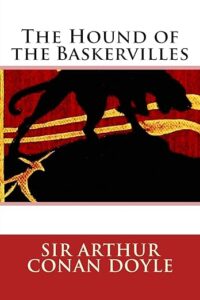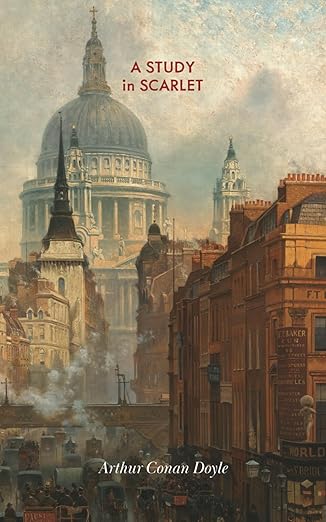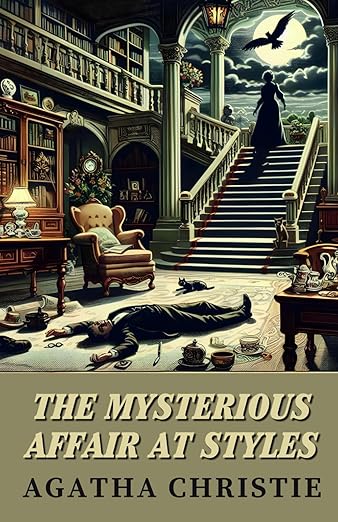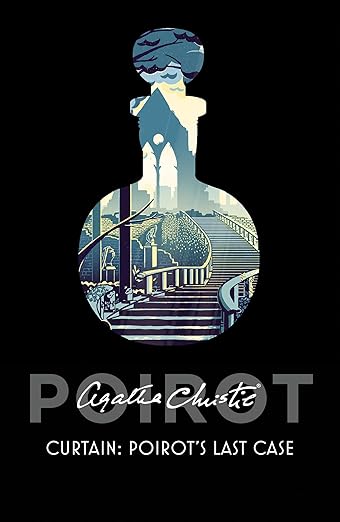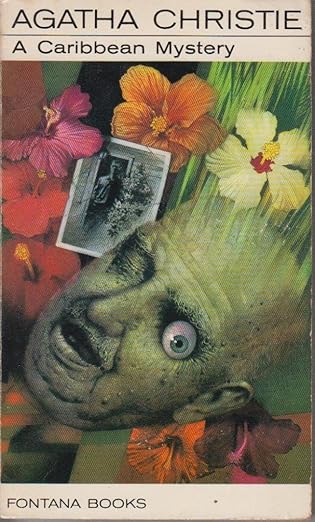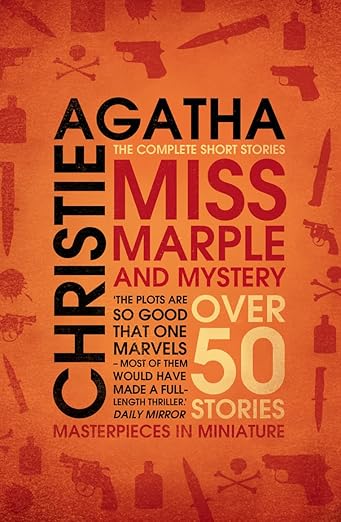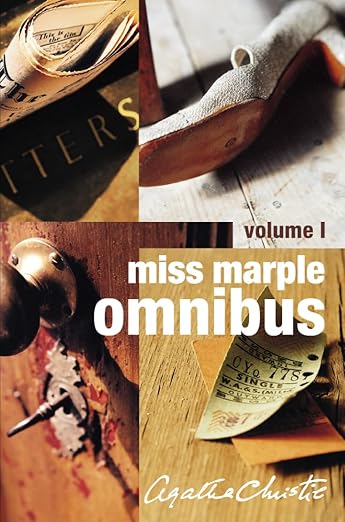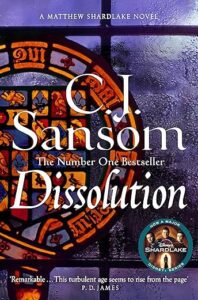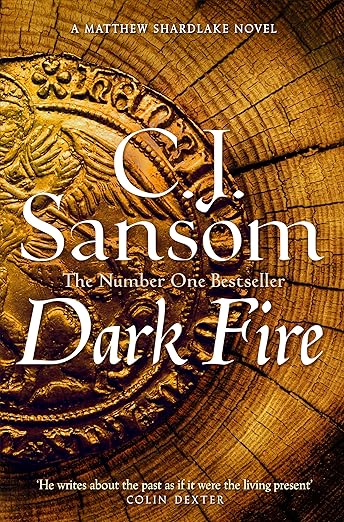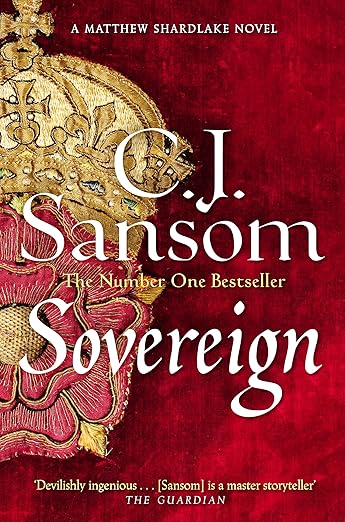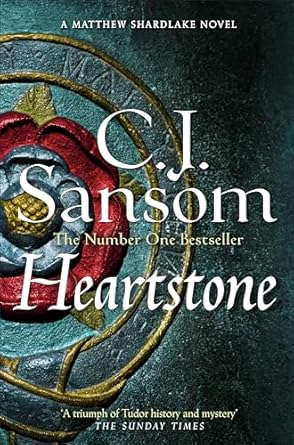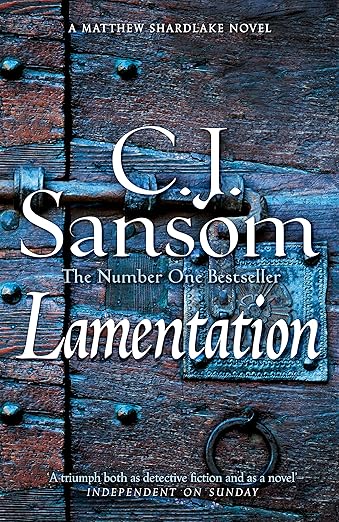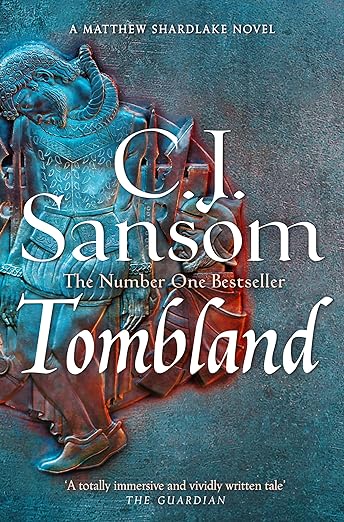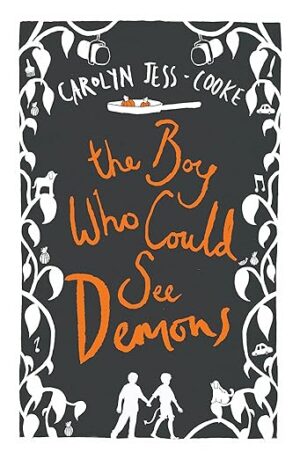Paragraph 1: A dark, moonlit night blanketed in swirling fog. A heavily set man walks alone down a street. Glancing furtively, he pulls the collar of his coat around his neck and lowers the brim of his hat. Is he being followed, or is he confusing the noise of his shoes against the pavement with the footsteps of a stranger?
Paragraph 2: He arrives home. The sigh of relief as he closes the door is palpable. He removes his hat and runs the back of his hand across his forehead. There is not enough time to plan the next move, but he must plough on regardless. His life depends on it.
Paragraph 3: As he reaches for the hallway light, a hand covers his mouth. He struggles to free himself but there is no escaping the assailant’s tightening grip or the knife plunged into his back. He collapses to the floor sputtering incoherently as a thin line of blood dribbles from the side of his mouth. The killer runs into the darkness.
There you have it…the outline to the opening chapter of a murder mystery with enough cliches to sink a ship. Who was the killer? What was their motive? Will he/she/they strike again? It’s hard to say as this was a spur of the moment concoction, although the investigating officer will almost certainly have a lengthy list of suspects to work through.
There are no hard and fast rules for writing a detective novel, but if the story doesn’t grab your attention from the word go or keep you guessing to the end then do the right thing and dump it in the nearest bin! For starters, it should always be well written and (Rule Number 2), have a protagonist who’s interesting either because they’re quirky or refreshingly normal in a dysfunctional world.
If you want an example of a memorable protagonist, then look no further than Sherlock Holmes. Why does he stand out? To begin with he’s highly intelligent, but he’s also coldly logical, anti-social to varying degrees, and insufferably arrogant towards anyone who can’t match his brain power. In contrast Doctor Watson, his loyal sidekick, is a practical man whose sleuthing skills are about as useful as stagnant pond water! Opposites attract and that’s especially true where these two are concerned. No matter how many times we’ve read the books or watched the film or tv adaptations, the Holmes and Watson adventures will never be boring. The stories ignite the imagination because they’re intelligently plotted, wonderfully written, and open to interpretive possibilities, which probably explains why Holmes and Watson have been time travelled and even gender swapped in some of their recent incarnations.
Agatha Christie was another crime writer who understood the importance of a good protagonist. Belgian detective Hercule Poirot, who made his debut in Christie’s 1920 novel The Mysterious Affair at Styles, is an eccentric, neatly dressed little man who always pomades his hair and takes an inordinate amount of pride in his moustache. He also has a forensic brain and watchful eyes that never miss a beat, all of which makes him better at solving crime than the police. Someone else who makes the cops look inept, is Jane Marple, Christie’s sleuthing pensioner spinster. It’s hard to imagine how a genteel, middle-aged English woman with Edwardian manners, can penetrate the criminal mind with the casualness of a burglar breaking into a house. Unsurprisingly, the police admire and even grudgingly respect her, even though her crime solving record puts theirs to shame! For a woman who’s seemingly more interested in village gossip than real world events, Jane Marple is the proof that appearances can be deceptive.
The point I’m making is that Poirot, the immigrant, and Miss Marple, the “dear, sweet, little old lady” are good at what they do because the world misreads them. As an older woman, Miss Marple is assumed to be dottily naïve while Poirot’s foreignness means he’s supposedly less smart than the average Englishman! Christie challenged those stereotypical lines of thinking, prevalent in her lifetime, with crime fighters who hide their brilliance under a veneer of banality.
The bottom line is that Holmes, Watson, Marple, and Poirot are outsiders in a world that underestimates them. Matthew Shardlake, C.J Sansom’s sixteenth century English lawyer, has the same problem. Society reviles him not because he’s obnoxious but because he’s a hunchback. He is used to being treated with derision yet rises above the insults because of his dignity and the unquestioning support of friends Nicholas Overton, a mentee, Guy of Malton a Spanish Moor, and Jack Barack, his swaggering assistant whose Jewish descent make him an object of suspicion. The Shardlake stories fuse Tudor history with first class writing, excellent plotlines, and a lead character whose actions are driven by compassion, intelligence, and a respect for the truth. No wonder critics have hailed the books as “believable”, “intriguing” and “raw”, all the right ingredients for an old fashioned sleuthing story rooted in the past.
The detective novel has come a long way since Edgar Allen Poe introduced the world to C. August Dupin, the protagonist in his short story The Murders in the Rue Morgue. Dupin’s snobbish, highbrow intellectualism was ground-breaking in its time but wouldn’t stand a chance in a space now colonised by hard drinking, foul-mouthed operators; private investigators for whom a punch in the face is an occupational hazard; LGBTQ+ officers fighting crime on the street and bigotry in the workplace; or inspectors whose private lives can be as chaotic as the cases they’re working!
As-long-as the stories are authentic, human, and told in a genuinely engaging way, the detective novel will always be a reliable entry point into the darkest recesses of the criminal world.
Juliette Foster
Click on the covers if you’d like to read the Sherlock Holmes stories by Sir Arthur Conan Doyle.
Don’t forget to click on the covers if you’d like to read Agatha Christie’s Hercule Poirot and Miss Marple Stories, or CJ Sansom’s Matthew Shardlake novels.




